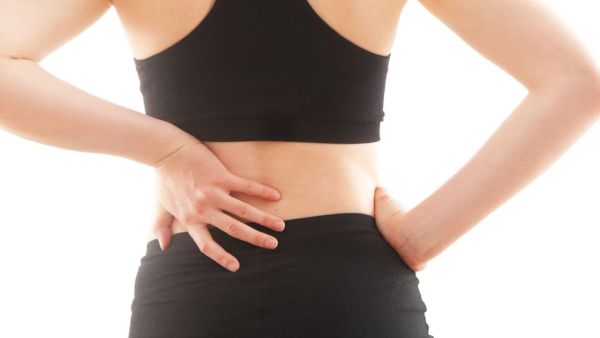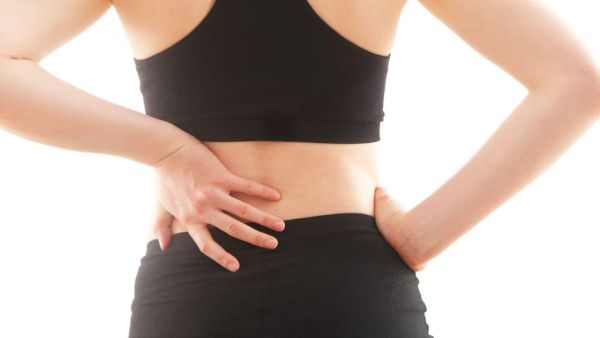

Lack of bone density is the real reason for waist, knee and back painImage Credit Source: Getty Images
Bone density means the strength of bones, how much calcium and other minerals are present in your bones. When there is a lack of these nutrients in the body, the bones begin to become weak and hollow, which is called "osteopinia" or "osteoporosis" in medical language. This weakness of bones increases slowly and the person does not even feel that his bones are getting weaker. If it is not treated in time, then a minor injury or fall also increases the risk of bone breaking. Especially women are more victims after menopause.
There can be many reasons for lack of bone density. The most common causes are calcium and vitamin D deficiency. Both these nutrients are very important to keep bones strong. Apart from this, increasing age, lack of estrogen in women, lack of physical activity and spending less time in the sun can also increase this problem. Some medical conditions such as thyroid imbalance, kidney problem or prolonged steroids also affect the strength of bones. In addition, consumption of smoking, excessive alcohol and fast food can weaken bones. If enough bone mass is not formed in teenage itself, then bone density can fall soon. Therefore, it is important to know that this situation is not only from age, but also with lifestyle habits.
Dr. Sankalp Jaiswal in Orthopedic Department at Kailash Hospital, Greater Noida It is said that the effect of lack of bone density gradually appears in the body and in the beginning its symptoms are so common that we often ignore. The most common symptom is to maintain frequent or persistent pain in the waist, back and knees. Feeling trouble when sitting or bending, sudden height decreases and becoming a habit of walking and bending can also be signs. Some people get fractured in the bone only after falling slight, especially in the hip, wrist or spinal cord.
If someone feels tired repeatedly while working as a normal routine or there is pain in the body when there is a slight pressure in the body, then it can also be a sign of weakness of bones. Weakness or vibration of hands and feet, difficulty in maintaining balance while moving and late heal fractures can also be serious signals. In such a situation, do not ignore the gestures of the body and get a checkup done in time.
Include calcium and vitamin D in your diet.
Sit in the sun at least 20-30 minutes daily so that vitamin D is made in the body.
Do regular exercise.
Distance from alcohol and smoking.
Keep your body weight under control, because very low weight also increases bone loss.
Get bones tested from time to time.
Take calcium and vitamin D supplements with doctor's advice.